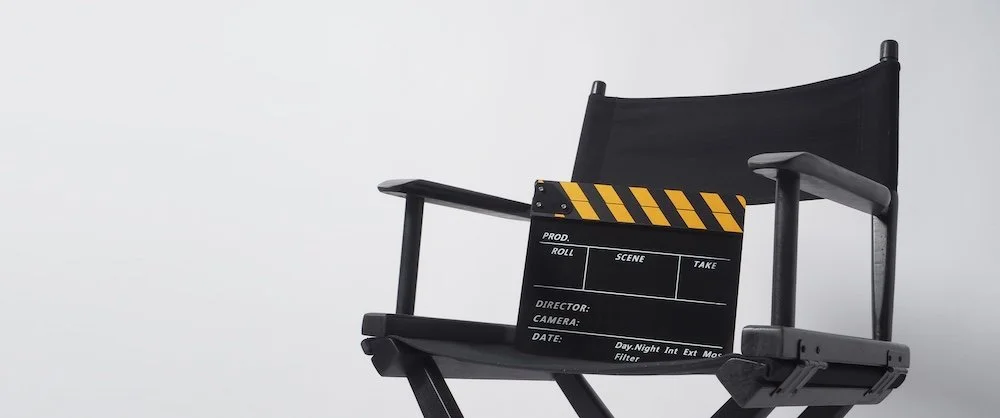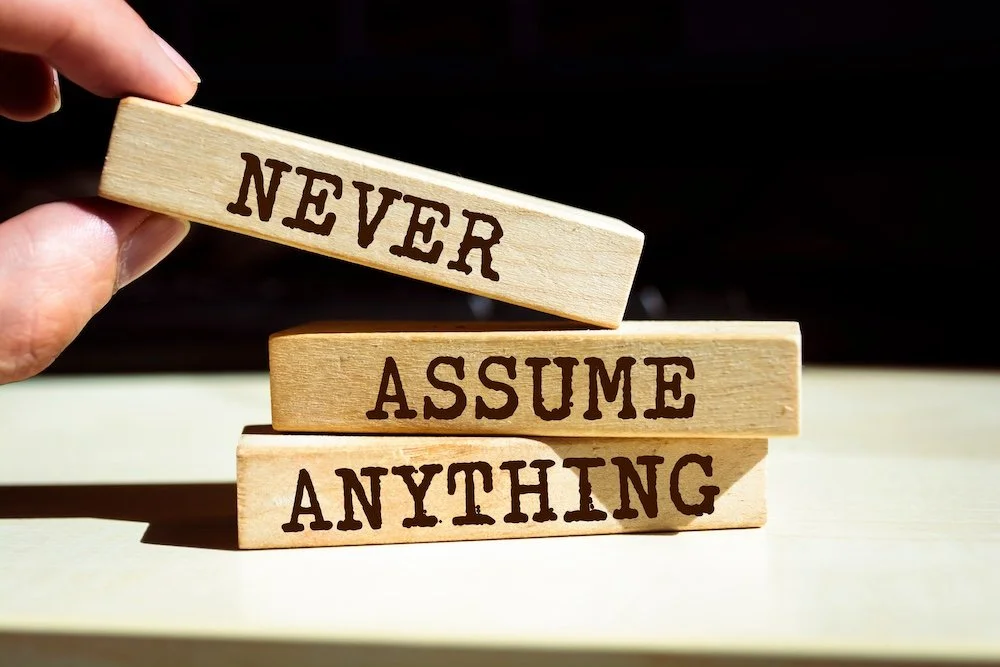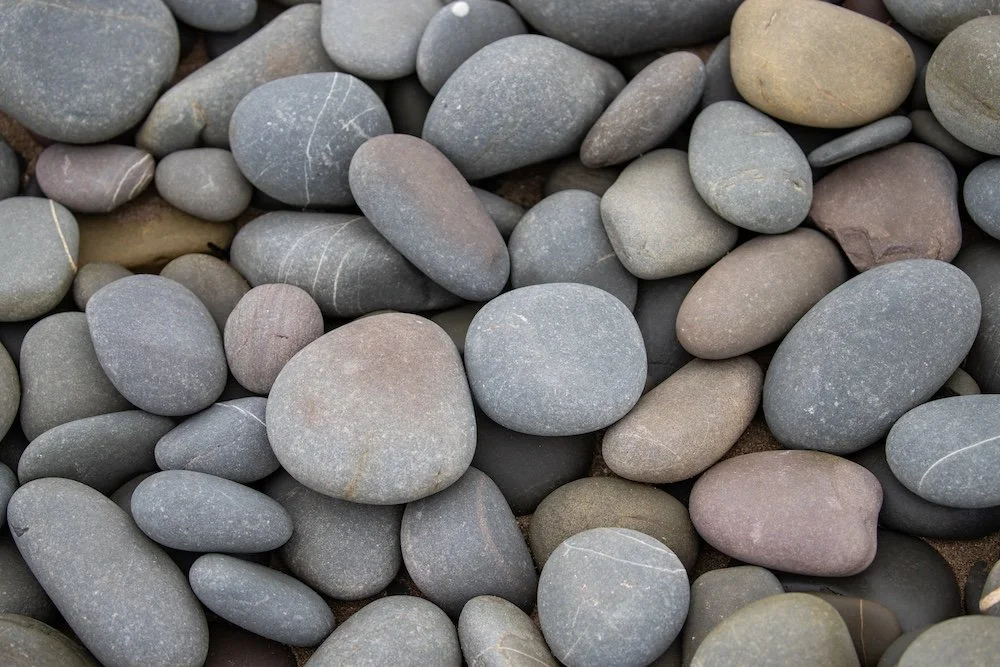My son grew up in Brooklyn; he was and is a city kid. Our block was idyllic, with kids running in and out of each other’s houses—parents talking across low iron fences.
Mediation Musings: Free Speech
Mediator Musings: The Wave
Mediator Musings: Jaws
Mediator Musings: Self Improvement
By: Sara Barnes
It’s been a whirlwind month and with all the pressing matters, both personal and professional, I haven’t found the quiet time I need to write.
I’ve been collecting graphics about various self-improvement topics. Conflict resolution in all its forms involves people working toward making things better—often including the hard work toward self-improvement. I hope these are helpful for you in your journey.
Here they are, in no particular order:
Managing Stress—Less stress, less unresolved conflict. Stress can feed conflict.
Communicating effectively—We all need to get better at saying what we mean.
Self-confidence—With confidence, we can face conflicts and keep ourselves on track.
Time Management––Conflicts involve aspects of time. More time management = less conflict.
Being Resilient—Change is challenging; build your resilience muscles, reduce conflict.
Managing Your Brain—Our amazing human brain is our biggest asset to help resolve conflict.
Personal Control—Understanding what you do/don’t control helps with conflict analysis.
Body Language—A huge percentage of conflict is affected by body language choices.
Handling Your Biases—Biases = conflict, but there is much that can be done to help.
Improving Your Memory—Keeping track of details helps to avoid conflicts.
Overcoming Obstacles—Obstacles are not always conflicts if we reframe our thinking.
Building Trust—Conflict is more easily resolved when trust is built or rebuilt.
Being a Leader—We all have leadership capacity; positive leaders can prevent conflicts.
Emotional Intelligence—The more work in this area, the stronger the conflict resolver.
Making a Difference—We all want to make helpful changes for the better.
Understanding other Generations—More work on biases; information helps.
Learning Organizations—Blame and shame can be replaced with learning and teamwork.
Read the full version of this Mediation Musings essay here.
Press Release: Brazil Fest 2025 Postponed
Mediator Musings: Awe
by Sara Barnes
“Ma,” his whispered voice came. He was in Switzerland––it sounded dire. This was going to be bad, I was sure. My son’s voice came softer, calmer: “Mom, I’m standing on the top of a mountain, it’s amazing. It’s . . . I can’t explain it, it’s . . . let me FaceTime you so you can see.” In the window of the phone, I could only see sun and white. He turned the phone, and I saw in his 30-year-old face something I hadn’t seen since his childhood. A beatific smile, smooth forehead, wide eyes and something that looked like peacefulness. My son was struck by awe.
What is awe?
The usual definition of awe involves the person’s awareness of vastness. The classic awe experience is that of the astronaut looking back at the Earth within the huge expanse of space and being astounded and emotionally overcome. A person takes in their sense of amazement and wonder, and an emotional reaction occurs. Moments of awe can be profoundly moving, with many suggesting that their worldview can shift dramatically as a result.
I think back on moments where awe has found me––memories of nature, music, death and loss inspiring awe in me. More often, though, I have been awestruck by the actions of others, the kindness, creativity and profound actions of humanity by everyday people living their lives. People are truly amazing, and I am humbled regularly by the actions of others.
Awe and conflict resolvers
I thought about some of the best mediators I have known. I remember one mediator, long ago, telling me something like: I think of myself with the whole world as my guide, so I don’t get so carried away with myself or the details. Other model mediators talk about maintaining “the beginner’s mind” or “unending curiosity.”
We may not be looking back at the planet from space; here on the ground, we have to imagine the astounding beauty and unexpected peace of the moment when the conflict becomes resolved and disputants move on with their lives into a better future. Those of us who work regularly with others in conflict might be well served by taking a moment to think about the work within a larger frame. The drop in the pond that ripples out, as a metaphor for our conflict resolution services, might be a way to access a small and significant sense of awe.
Read a longer version with description of hostage negotiators and awe.





















